Barbecue in America isn’t just food—it’s culture, tradition, and often the beating heart of small communities across the country. Beyond the famous BBQ capitals like Kansas City and Memphis lie hidden gems where pitmasters have been perfecting their craft for generations, sometimes in towns you might drive right through without a second glance.
Here is a list of 14 small towns where the BBQ is so legendary that enthusiasts regularly make pilgrimages from hundreds of miles away just for a taste of smoky perfection.
Lockhart, Texas

In the self-proclaimed “Barbecue Capital of Texas,” smoke rises from multiple establishments that have been serving spectacular brisket for over a century. This town of barely 14,000 residents boasts four major BBQ institutions within its city limits, including Kreuz Market where they’ve been using the same smoking techniques since 1900.
Locals still debate which spot deserves the crown, but visitors win regardless of where they stop. The beef-focused approach here highlights Central Texas tradition—simple salt and pepper rubs, post-oak smoking, and absolutely no sauce needed on meat that’s perfect.
Ayden, North Carolina
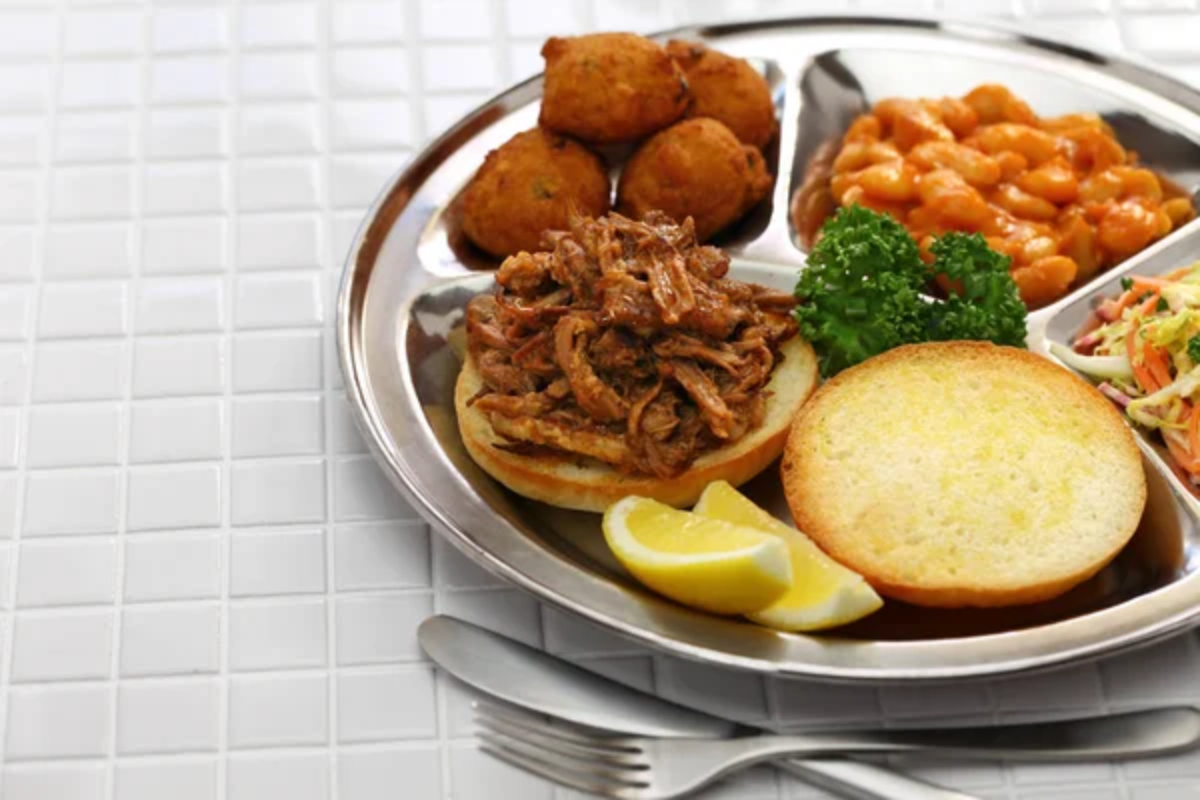
This tiny eastern North Carolina town might seem unremarkable until you join the perpetual line outside the Skylight Inn BBQ, where the Moore family has been cooking whole hogs over wood since 1947. The simplicity of their approach—chopped pork with a vinegar-pepper sauce and cornbread—has earned them a James Beard America’s Classic award.
What makes Ayden’s style distinctive is the inclusion of the crispy skin (cracklins) chopped right into the meat, creating a textural contrast that’s impossible to replicate. The town celebrates this heritage with an annual festival drawing thousands to a community of just 5,000 residents.
Like Travel Pug’s content? Follow us on MSN.
Owensboro, Kentucky

While most BBQ towns focus on pork or beef, Owensboro stands alone as the epicenter of mutton barbecue—a tradition dating back to when sheep farming dominated the region’s agricultural landscape. The Moonlite Bar-B-Q Inn serves this distinctive meat sliced or chopped, accompanied by a Worcestershire-based “black dip” that cuts through the richness.
The flavor profile—gamier and more complex than other BBQ styles—reflects the town’s unique cultural heritage influenced by Welsh settlers. During the International Bar-B-Q Festival each May, competitive cooking teams prepare massive amounts of mutton in downtown cooking pits.
Lexington, North Carolina

Despite having fewer than 20,000 residents, Lexington hosts over a dozen barbecue restaurants specializing in “Lexington-style” pork—shoulder meat smoked slowly over hickory coals and dressed with a vinegar sauce that’s been lightly sweetened with a touch of tomato. The Honey Monk established this style back in 1925, and little has changed since.
The town’s BBQ tradition runs so deep that even the local McDonald’s once featured a barbecue sandwich to compete with local establishments. Every October, upwards of 200,000 visitors—more than ten times the town’s population—descend on Lexington for its massive Barbecue Festival.
Taylor, Texas

This farming community northeast of Austin might be small, but it’s home to Louie Mueller Barbecue—often called the “Cathedral of Smoke.” The building’s walls are literally blackened from decades of continuous smoking, creating an atmosphere that can’t be manufactured.
Third-generation pitmasters now tend to the massive brick pits where prime beef ribs—some weighing nearly two pounds each—develop a pepper-encrusted bark that’s nearly half an inch thick. The town embraces its BBQ identity so completely that even local gas stations serve respectable brisket sandwiches, reflecting how deeply the tradition runs through the community.
Like Travel Pug’s content? Follow us on MSN.
Hemingway, South Carolina
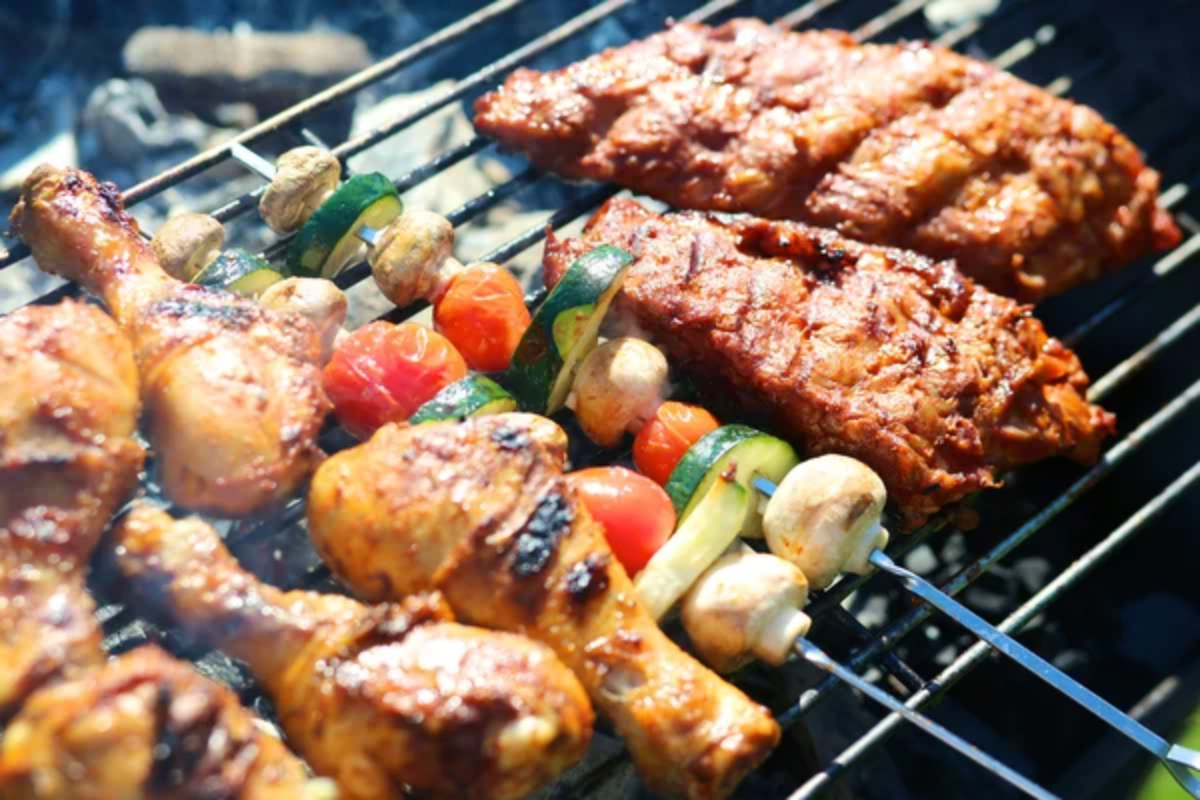
With fewer than 500 residents, Hemingway might be the smallest town on this list, yet it’s home to Scott’s Bar-B-Que, where pitmaster Rodney Scott began cooking whole hogs when he was just eleven years old.
The pulled pork gets mopped with a pepper-vinegar sauce while still on the pit, creating a flavor that earned Scott a James Beard award. The smoking happens in repurposed oil drums cut in half—a technique born of necessity that’s become tradition. Despite Scott’s expansion to larger cities, barbecue enthusiasts still make the journey to this tiny agricultural town for the original experience.
Murphysboro, Illinois

Located in Southern Illinois, an area known as “Little Egypt,” Murphysboro represents a crossroads of barbecue styles where Midwestern and Southern traditions meet. 17th Street Barbecue, run by the Mills family, has won so many championships that owner Mike Mills earned the nickname “The Legend.”
Their baby back ribs, coated with a secret dry rub called “Magic Dust,” showcase a distinctly regional approach that doesn’t fit neatly into established BBQ categories. The town has embraced its barbecue identity by hosting the Praise the Lard festival—an event that draws competition teams from across the country to a town of just 7,500 people.
Elgin, Texas
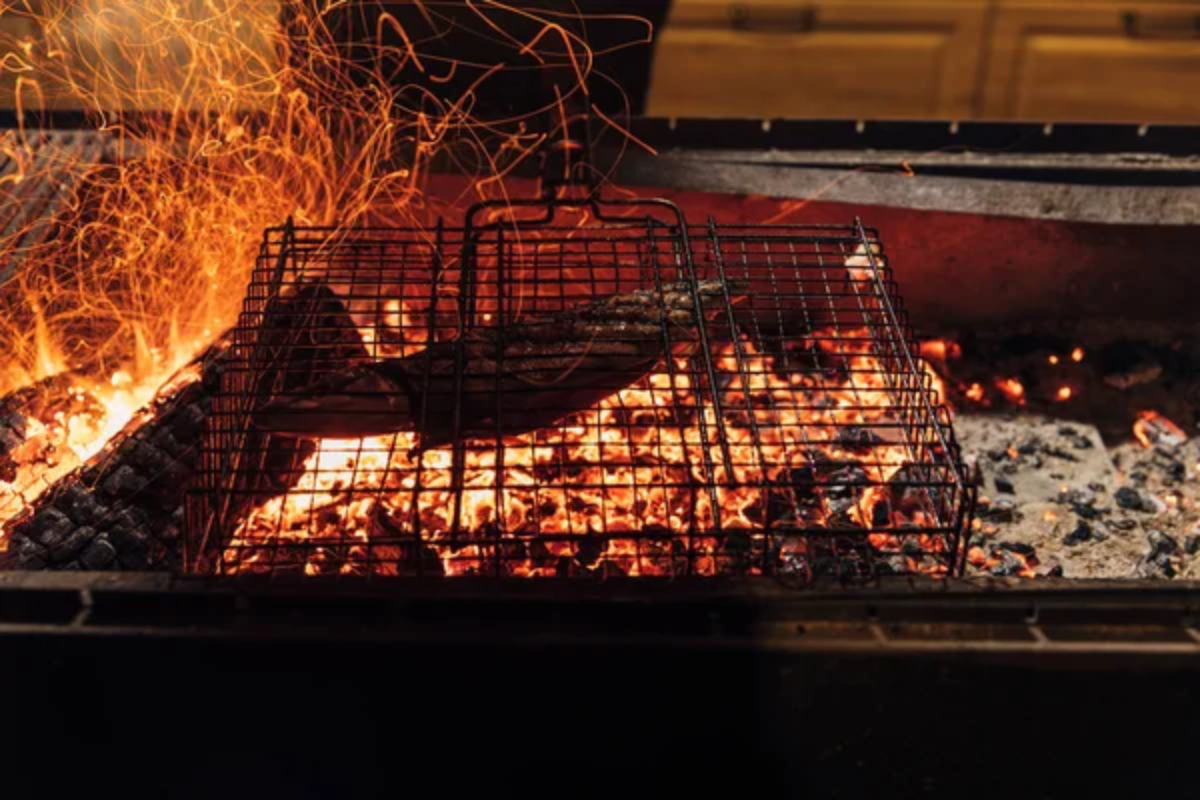
Known as the “Sausage Capital of Texas,” Elgin (pronounced with a hard ‘g’) has been producing distinctive beef sausages since the 1880s. Southside Market, established in 1886, still makes “hot guts”—spicy beef sausages that snap when you bite into them, releasing a flood of juice and flavor. While other BBQ towns might focus on technique, Elgin’s identity centers on a specific item perfected over generations.
The sausages reflect the town’s German and Czech immigrant heritage—cultural influences that transformed Texas barbecue into something distinctly different from Southern traditions.
Like Travel Pug’s content? Follow us on MSN.
Snow’s BBQ, Lexington, Texas
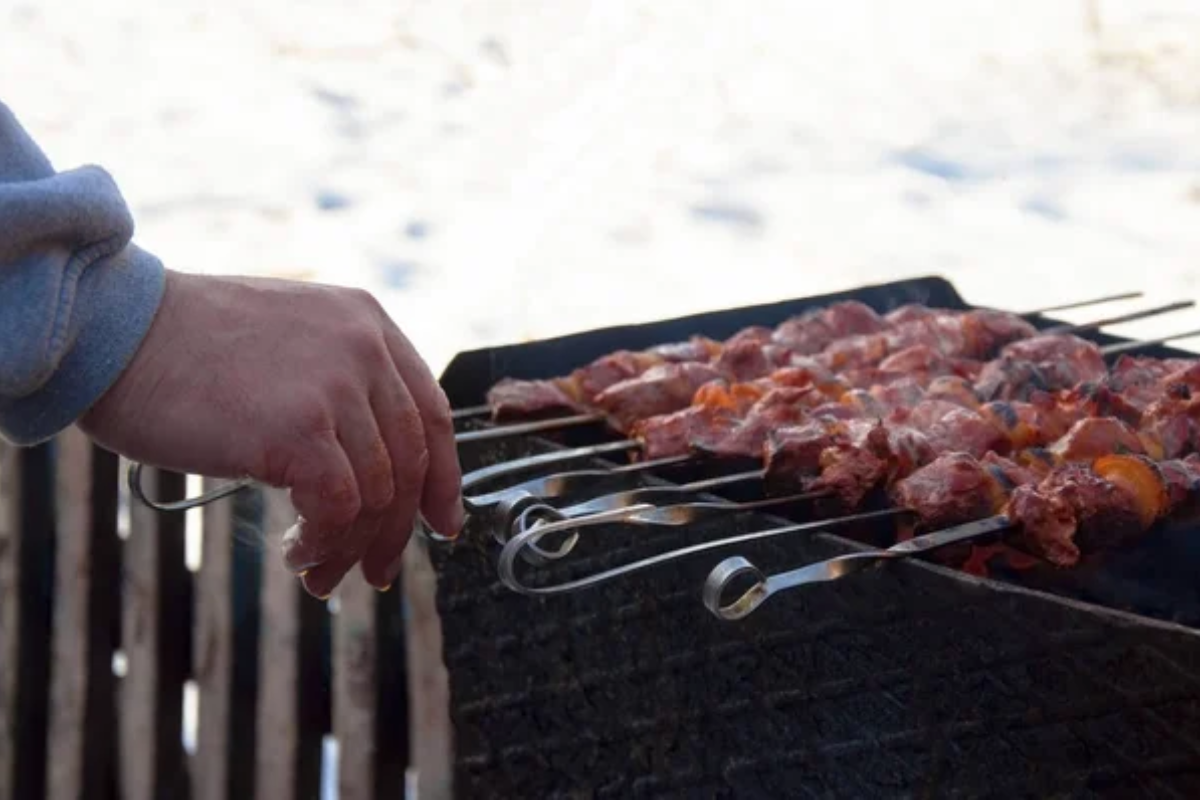
This unincorporated community became an overnight sensation when an octogenarian pitmaster named Tootsie Tomanetz helped Snow’s BBQ earn the title of best barbecue in Texas. Open only on Saturday mornings, Snow’s regularly sells out by noon despite being in a town so small it barely registers on maps.
The brisket here cooks through the night, tended by Tomanetz who starts her shift at 2 a.m. after working her weekday job at the local school. The limited hours have created a pilgrimage effect—BBQ devotees arrive before dawn, forming lines that sometimes stretch longer than the town’s main street.
Paducah, Kentucky
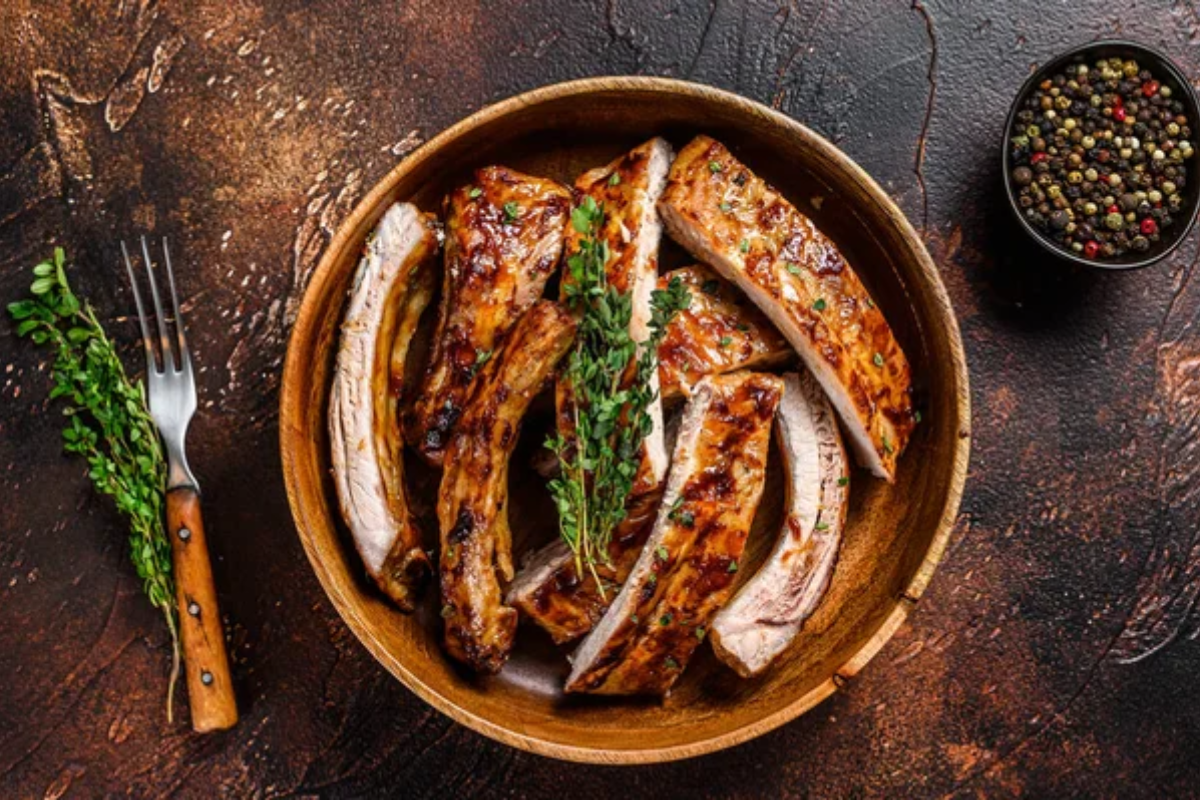
This Ohio River town represents a fascinating BBQ borderland where Western Kentucky traditions meet Southern Illinois styles. Starnes Bar-B-Q has been operating since 1947 with distinctive concrete pits where mutton, pork, and chicken cook slowly above hickory coals. Their unusual chipped mutton sandwich comes dressed with a thin, peppery sauce that locals call “dip.”
The town’s annual BBQ on the River festival transforms the historic riverfront district into a smoke-filled celebration where dozens of teams compete while raising money for local charities, showing how barbecue serves as both cultural expression and community builder.
Nolensville, Tennessee
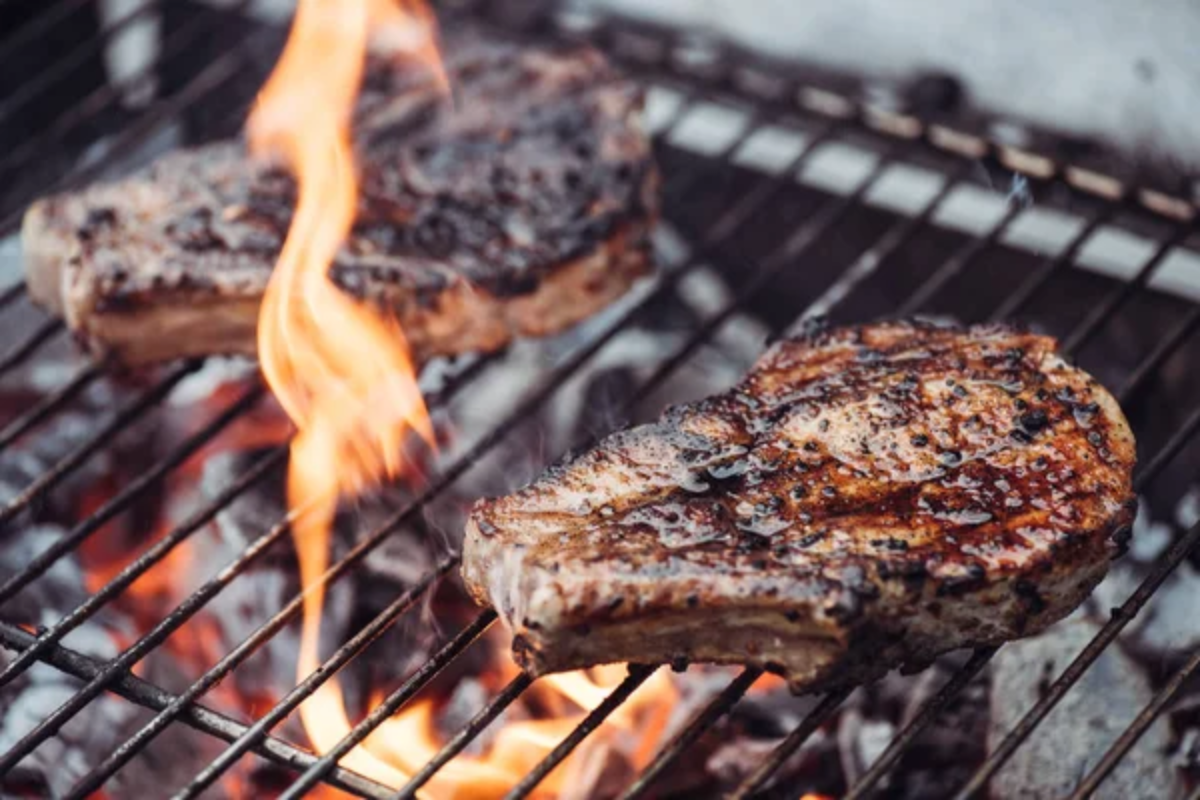
Just outside Nashville lies this small town that’s home to Martin’s Bar-B-Que Joint, where owner Pat Martin keeps the fading art of whole-hog barbecue alive. The restaurant features a screened-in “pit room” where visitors can watch as entire pigs smoke for nearly 24 hours over Tennessee hickory.
Martin’s approach represents a preservation effort—maintaining a labor-intensive cooking style that’s increasingly rare even in barbecue-rich regions. The pulled pork gets served with a distinctive hoe cake—a cornmeal flatbread cooked on the griddle—that reflects the deep connection between barbecue and Southern foodways.
Like Travel Pug’s content? Follow us on MSN.
Brownsville, Tennessee
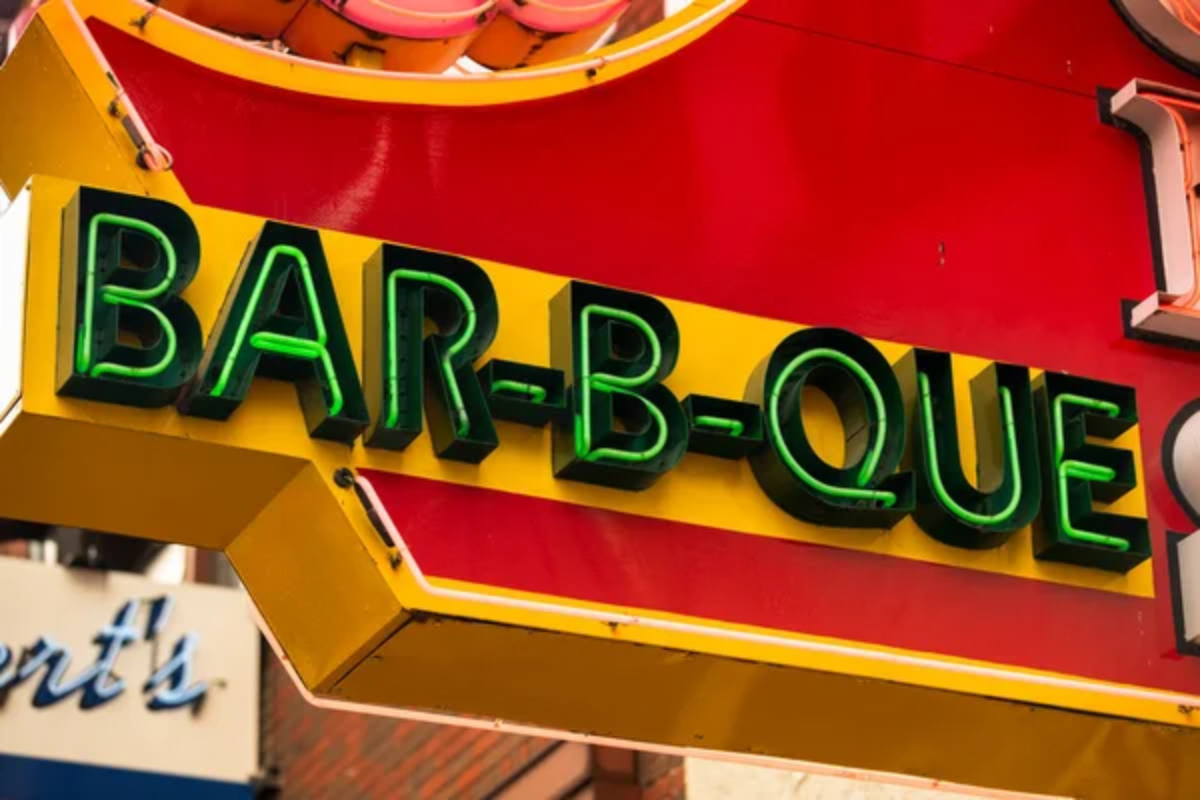
This small town between Memphis and Nashville claims to be the birthplace of Tennessee-style whole-hog barbecue, and Helen’s Bar-B-Q makes a compelling case for that title. Pitmaster Helen Turner—one of the few female pitmasters in a male-dominated field—has been tending fires for over 30 years, cooking entire hogs over hickory and oak.
The chopped pork sandwich comes dressed with a sauce that bridges Memphis and Carolina styles—tomato-based but with significant vinegar tang. Helen’s modest cinder-block building with its hand-painted sign represents barbecue at its most authentic—focused on craft rather than commercialization.
Gruene, Texas
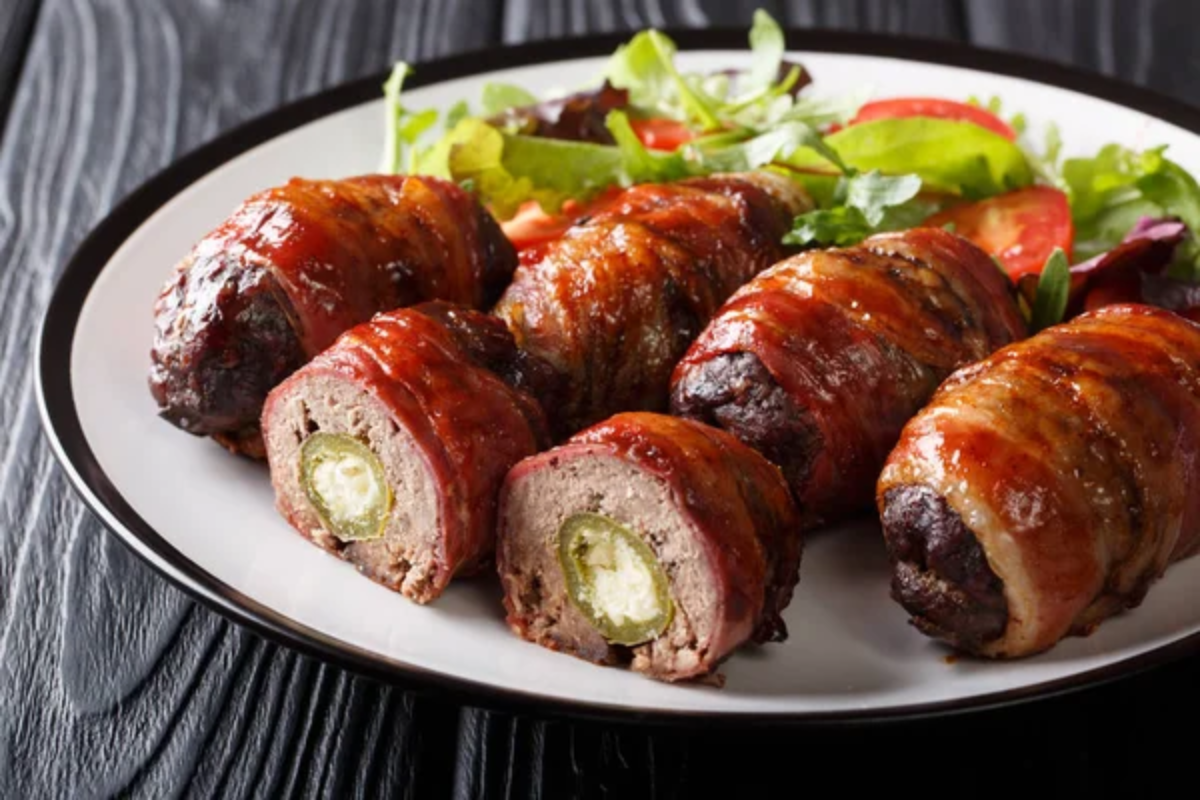
This historic district within New Braunfels preserves its 19th-century character while serving up remarkable barbecue at The Gristmill, housed in an 1878 cotton gin overlooking the Guadalupe River.
Unlike many Texas BBQ joints, the setting here is nearly as notable as the food—massive beams and stone walls create an atmosphere that connects diners to the town’s past. The beef ribs, nearly the size of baseball bats, showcase the cattle-country heritage of the region. The town balances tourism with tradition, using barbecue as a gateway to appreciating the broader cultural history of the Texas Hill Country.
Centralia, Missouri
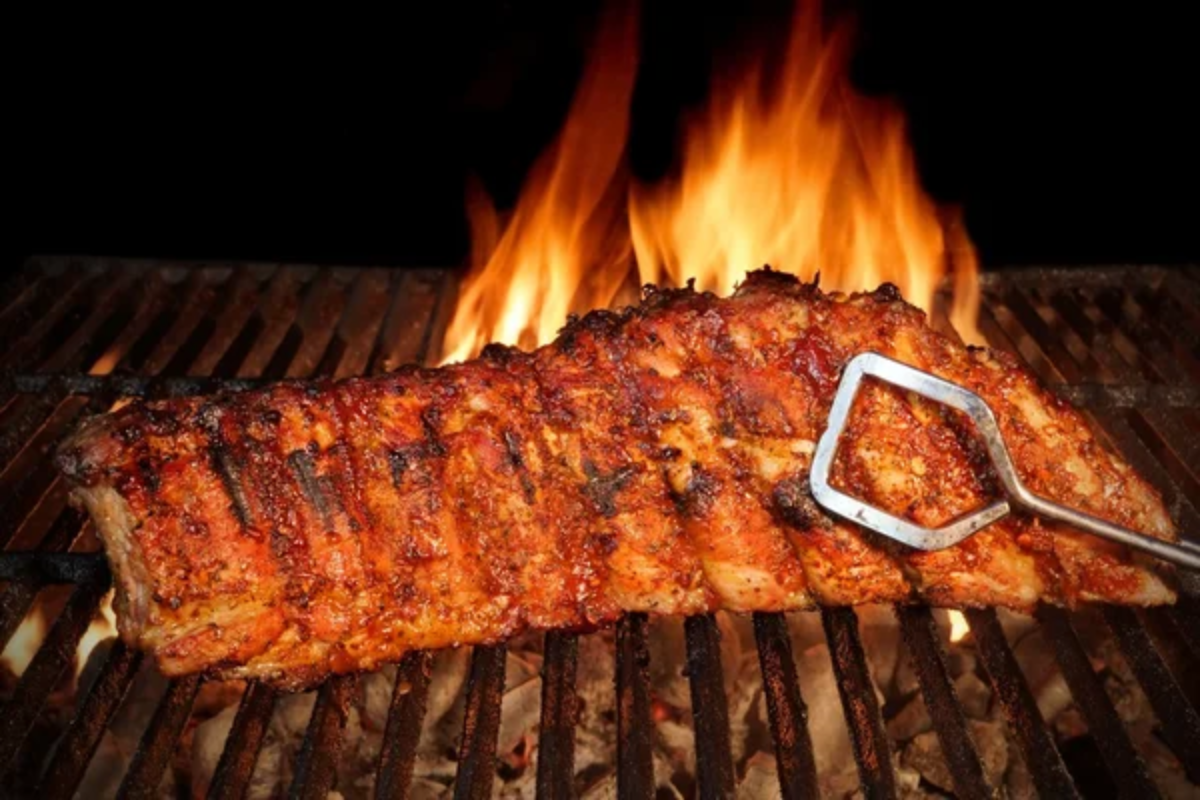
This small town between St. Louis and Kansas City represents the often-overlooked Missouri style that influenced both famous city traditions. Lonnie Ray’s BBQ serves piquant-sauced ribs and pulled pork that demonstrate how rural Missouri barbecue traditions predate the commercial operations in urban centers.
The restaurant’s unassuming appearance—housed in a converted gas station—belies the sophistication of its smoking techniques. Despite being in a town of just 4,000, weekend lines form early, filled with both locals and travelers making dedicated BBQ road trips through the heartland.
Like Travel Pug’s content? Follow us on MSN.
BBQ Traditions Preserved

These small towns maintain America’s diverse barbecue heritage with a dedication that transcends mere dining. In each community, smoke-filled pits represent living history—techniques passed down through generations that tell stories of migration, cultural exchange, and regional identity.
What makes these places special isn’t just exceptional food but the authentic connection to place and tradition that no chain restaurant could ever replicate. The pilgrimage to these small-town BBQ landmarks offers something increasingly rare in American dining—flavors that truly couldn’t exist anywhere else.
More from Travel Pug

- Cities Growing so Fast You Won’t Recognize Them in 10 Years
- 13 Destinations Where Tourists Regularly Regret Their Trip
- 20 Obscure WWII Sites Even History Buffs Don’t Know About
- 10 Under-the-Radar Mountain Towns That Are Both Affordable and Beautiful
- Remote Villages in Europe Where You Can Live for Free in Exchange for Work
Like Travel Pug’s content? Follow us on MSN.
